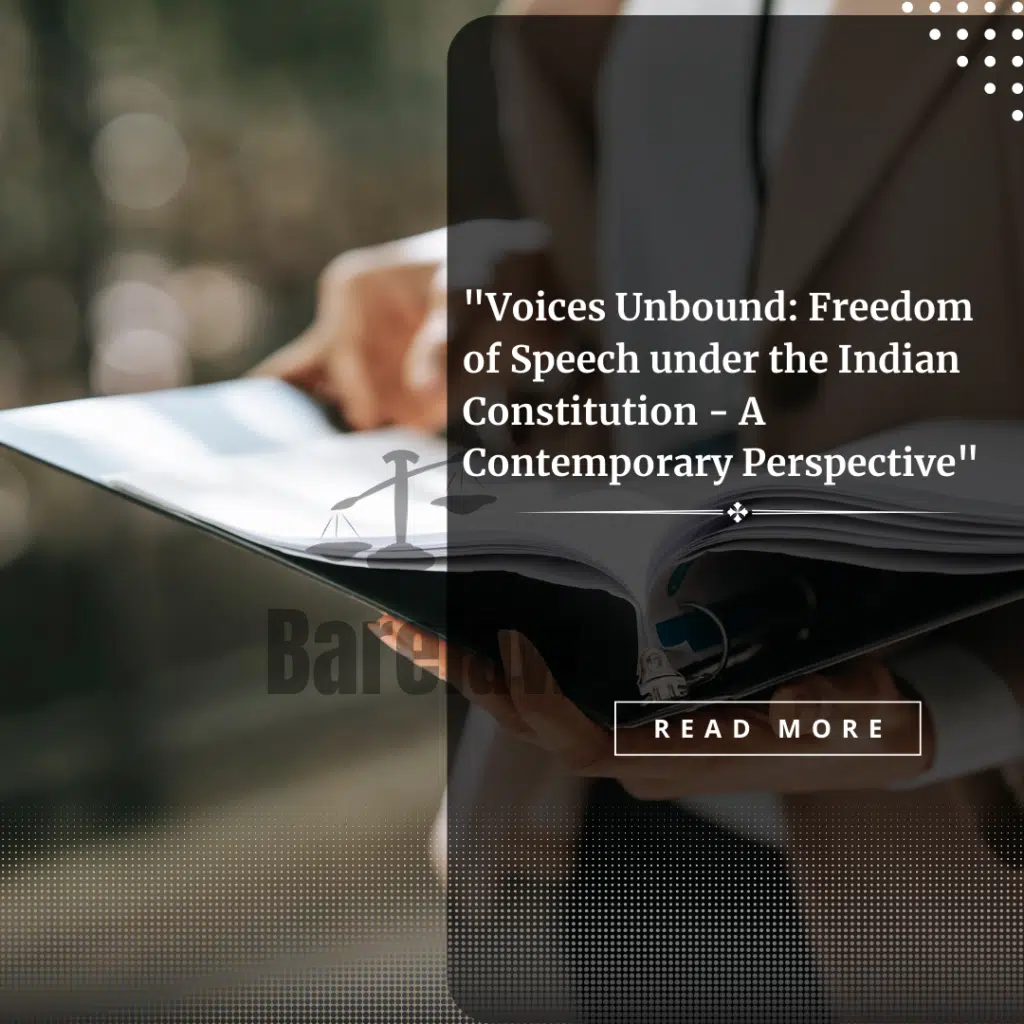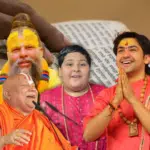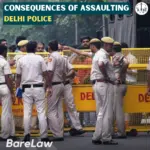
Table of Contents
“Voices Unbound: Freedom of Speech under the Indian Constitution – A Contemporary Perspective”
“Voices Unbound: Freedom of Speech under the Indian Constitution – A Contemporary Perspective”
Introduction
Freedom of speech is a fundamental right enshrined in the Indian Constitution, serving as a cornerstone of democracy and individual liberty. In the digital age, the landscape of free expression has undergone significant transformations, presenting new challenges and opportunities. This article provides a contemporary perspective on freedom of speech under the Indian Constitution, examining the constitutional provisions protecting this right, analyzing recent developments and challenges, and discussing the importance of preserving this fundamental right in the context of a rapidly evolving digital landscape. By exploring the delicate balance between free expression and responsible speech, this article aims to shed light on the significance of promoting diverse opinions, fostering democratic values, and navigating the complexities of regulating online discourse.
Constitutional Provisions
The Indian Constitution, in its commitment to freedom of speech and expression, protects the right of individuals to express their thoughts, ideas, and opinions freely. Article 19(1)(a) guarantees the right to freedom of speech and expression, subject to reasonable restrictions in the interest of sovereignty, integrity, security, public order, and morality. The Constitution recognizes that the free flow of information and ideas is essential for a vibrant democracy.
Contemporary Challenges
In the contemporary landscape, freedom of speech faces both new and persistent challenges. One such challenge arises from the advent of digital platforms and social media. While these platforms have democratized access to information and facilitated public discourse, they have also given rise to concerns about misinformation, hate speech, and online harassment. Balancing the need to regulate harmful content while protecting free speech rights remains a complex task.
Another challenge stems from the potential abuse of laws and regulations to stifle dissent and silence critical voices. Overbroad interpretations of sedition laws, defamation laws, and other legal provisions have been used to curb free expression, particularly against journalists, activists, and marginalized communities. Striking a balance between safeguarding national interests and preserving democratic values is crucial in addressing this challenge.
Furthermore, the rise of online echo chambers and filter bubbles poses a threat to diverse opinions and the marketplace of ideas. Algorithms and personalization algorithms can inadvertently reinforce pre-existing biases and limit exposure to diverse perspectives. Encouraging digital literacy and promoting media literacy can empower individuals to critically analyze information and engage with a wider range of viewpoints.
The Role of Intermediaries:
The responsibility of intermediaries, such as social media platforms and search engines, in moderating content and balancing free expression with the need to combat harmful content has become a subject of intense debate. Platforms often find themselves navigating complex decisions about content removal, user privacy, and ensuring transparency in their policies. Striking the right balance between content moderation and protecting freedom of speech is a challenge that requires thoughtful deliberation and cooperation between governments, platforms, and civil society.
Promoting Responsible Speech
While upholding freedom of speech, it is essential to recognize the importance of responsible speech. With the power to disseminate information widely comes the responsibility to ensure accuracy, fairness, and respect for the rights and dignity of others. Encouraging a culture of responsible speech and fostering a constructive dialogue can contribute to a more inclusive and respectful public discourse.
Protecting Vulnerable Voices
Ensuring that freedom of speech is accessible to all is crucial. Marginalized communities, including women, religious minorities, and LGBTQ+ individuals, may face additional barriers and risks when exercising their right to free expression. Safeguarding their voices and protecting them from harassment, threats, and violence is imperative for upholding a truly inclusive democracy.
Conclusion
Freedom of speech is a fundamental pillar of democracy and a cornerstone of the Indian Constitution. In the contemporary context, as digital platforms reshape the landscape of expression, it is essential to uphold and protect this right while addressing the challenges it presents. Striking a balance between free expression and responsible speech is key to fostering a vibrant and inclusive democracy. The regulation of online content should be guided by transparency, accountability, and respect for democratic values.
Empowering individuals through digital and media literacy, promoting diverse viewpoints, and protecting the voices of marginalized communities are crucial steps in preserving the spirit of freedom of speech under the Indian Constitution. By embracing these principles, India can nurture a robust democracy where diverse voices can flourish and contribute to a more inclusive and informed society.



